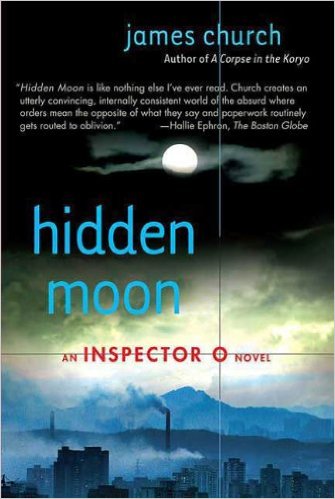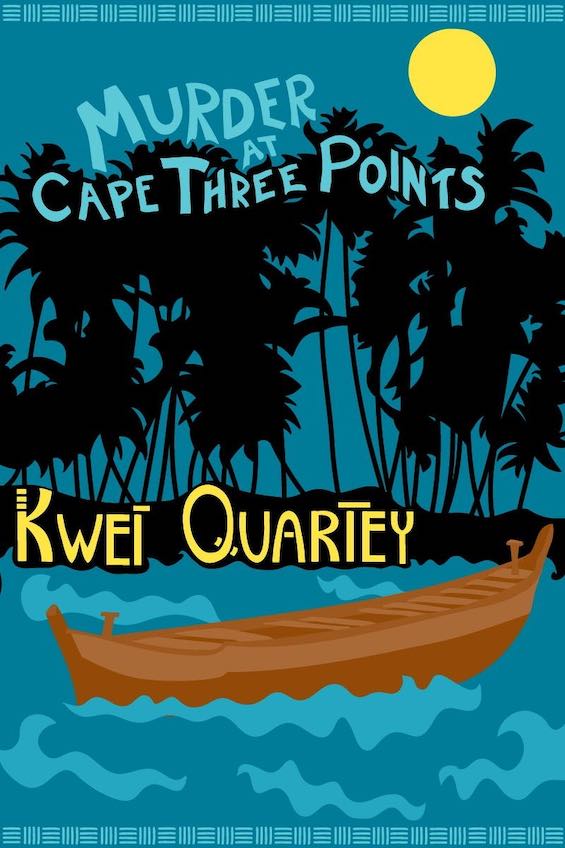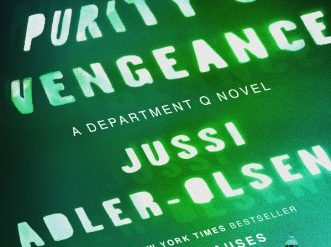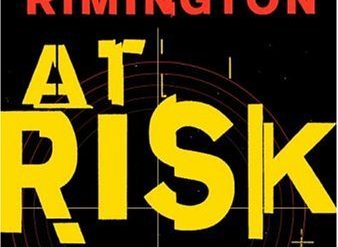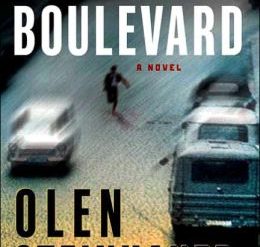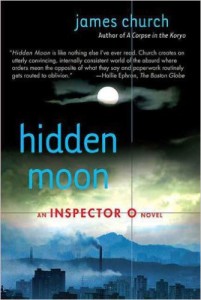
Estimated reading time: 5 minutes
In some ways, advances in science and in transportation and communications have given us the impression that there are few mysteries left in the world. After all, we can go anywhere, exchange views with almost anyone anywhere in the world, and gain access to information about what seems to be just about anything through the World Wide Web. But there is one very large stretch of territory that holds little else but mysteries: the rogue nation of North Korea.
An education about North Korea
Several excellent nonfiction books have cast light on that isolated corner of the planet in recent years. Barbara Deming’s Nothing to Envy illuminated the reality of day-to-day life for ordinary North Koreans. North Korea Confidential by Daniel Tudor and James Pearson exposed the enormous gray market that constitutes the bulk of the country’s shriveled economy. Blaine Harden’s The Great Leader and the Fighter Pilot helped us understand the origins of the North Korean state and the character of its leaders. Paul Fischer’s book, A Kim Jong-Il Production, told a revealing story about the country’s elite under the father of the nation’s current dictator. Escape from Camp 14, an earlier book by Blaine Harden, plunged into the country’s notorious network of prison camps. (Though details in the story were later revealed to be false, the essential reality depicted in Harden’s book remains unchallenged.)
Hidden Moon (Inspector O #2) by James Church ★★★★☆
Fiction fills in the blanks
No matter how good they are, and several of these books are outstanding, journalistic treatments about life in North Korea usually can’t convey the feel of daily life the way fiction can. A captivating, Pulitzer-winning novel by Adam Johnson, The Orphan Master’s Son, imaginatively filled in the gaps in our understanding of the country. Though less ambitious, the detective novels in James Church’s Inspector O series add depth to that understanding. A Corpse in the Koryo, the first Inspector O book, was a worthy effort that brought to light the sheer uncertainty of life in that beleaguered country. Hidden Moon, the second Inspector O novel, does an even better job.
Uncertainty compounded by ambiguity mixed with constant fear
Hidden Moon is a study of North Korean psychology as much as it is a detective story. Here is Inspector O musing about the assignment he has been given to solve the case of North Korea’s first bank robbery: “In a heartbeat, I knew we didn’t want to get saddled with this case. The lack of entry in the duty log could have been an oversight. But if everything else Min [his boss] had said so far was true, the Ministry wasn’t remotely interested in a solution as such; they wanted a political problem solved for political reasons, having to do with the current tides in the capital. Ocean tides were reliable and predictable, pretty much a function of the moon. Political tides were more complicated, and usually more dangerous.”
Min concurs: “‘It seems to me that this isn’t going to get solved, not at our level, and we would be doing ourselves a big favor to let it expire from inattention.'” Inspector O knows that “now it appeared we had a body, and that would complicate matters. When there was a body, there was liable to be paperwork, and if there was paperwork, boxes would have to be checked.” And who knew what horrible fate might rain down on their modest little department if the wrong boxes were checked?
Is this a case the inspector is empowered to investigate?
The question in both their minds is which of three categories the bank robbery and subsequent events would fall into. “Category one cases were simple enough — those we were expected to investigate and, where possible, solve. Category two cases were those we were expected to be seen as investigating but not to solve. Category three cases were those we were to avoid — leave every stone unturned.” Both O and Min fear that the current case falls into category three.
Later, the two men’s fear has been confirmed: “Until Min actually ordered me off, formally, I had to keep following footprints leading nowhere. At least I had to hope they led nowhere. If by accident I stumbled on a real clue, it would be nothing but trouble.”
A deeply puzzling murder mystery
Don’t get me wrong: Hidden Moon isn’t just about the doubts and fears of two policemen thrust into an uncomfortable and probably untenable position. It’s a highly suspenseful detective novel. Other than Min and Inspector O, other key characters have only one thing in common: none are who or what they seem to be. Unlike those familiar old English whodunits, this is a mystery that is impossible for the reader to puzzle out before the very end. Read this book, and you’ll share Inspector O’s confusion and uncertainty — and learn a great deal about life in North Korea in the process.
About the author
James Church has written five Inspector O novels to date. Because I read books on my Kindle, I was interested to read this about him in Wikipedia: “Church is identified on the back cover of his novels as ‘a former Western intelligence officer with decades of experience in Asia.’ He grew up in the San Fernando Valley in the United States, and was over sixty years old in 2009.” Presumably, with this background, Church knows at least a little of what we writes about North Korea.
For more reading
This is one of 7 good books about North Korea reviewed on this site.
You might also enjoy my posts:
- Top 10 mystery and thriller series
- 20 excellent standalone mysteries and thrillers
- 30 outstanding detective series from around the world
- Top 20 suspenseful detective novels
- Top 10 historical mysteries and thrillers
And you can always find my most popular reviews, and the most recent ones, on the Home Page.

